Ad campaigns have banned all forms of gender-based advertising in the hopes of promoting equality and diversity, as well as eliminating the misconceptions mentioned above as a result of advertising.
The 2019 SDG Gender Index, the first to be followed by gender equality, reveals that no country in the world will achieve gender equality by 2030. The report shows that in developed countries that fall into disrepair as the gender budget, the representation of equity at the highest levels, and the pay gap between men and women, which leaves women in all countries fighting for equality.
Despite these negative findings, some progress is being made to support change in the UK, which is expected to remove some of the barriers women face.
Saying no to gender stereotypes
Advertising agencies (ASAs) have banned ads that promote gender stereotypes as they restrict the choices, goals, and opportunities of children, teens, and adults. These campaigns also help with gender inequality.
Lorraine Mills, Director of European Professional Services for The Myers-Briggs Company, one of the world’s largest business psychologists, says: “Based on the latest figures reported at the FTSE100 board, the percentage of women in power is shown to have fallen in the fourth year. it is clear that gender inequality is a key issue that prevents women from progressing in their careers.
Media bias
A new ASA policy to eliminate unethical advertising is a positive step for equality in society and the workplace. There have been short-term studies that show that the media industry supports negative attitudes of men and women and has a negative impact on the motives and consequences of women, so this change in the standards of the media is a big step in the reorganization. “
A study by the Myers-Briggs company has shown that 70% of women in leadership positions often have “thought-provoking” decisions at the company, something that most men prefer. This underscores the notion that women must exhibit masculine character to be considered for superior performance.
For men, the survey shows a slight difference in the size of those who use “Thoughts” compared to people like “Feelings,” the latter method often associated with women, across the workforce.
> See also: 70% of women in business leaders make informed decisions
Lorraine Mills continues: “Our research reveals some of the concerns about different types of careers and the attitudes of women leaders. While the new media law is an important move for equality in the workplace, employers should do more to appease women in sport. At Myers-Briggs, we advocate for the need to promote self-awareness among employees, which helps combat the ignorance that prevents them from entering the career. “
Mills concludes: “While gender inequality is a tolerant movement, we must understand the years it has taken to establish and finalize gender and scientific misconceptions, a welcome addition to our society. When this type of media is finally banned, the community and society unreliable to make the changes we need to see in public will help us advance gender equality.
“To achieve true gender equality, our alliances with our company must work together and invest in the development of your team members so that they can identify with each other and learn to appreciate the value of education, ideas, and different experiences. to create a successful and prosperous environment for the hands, creativity, and retention of all workers ”.


